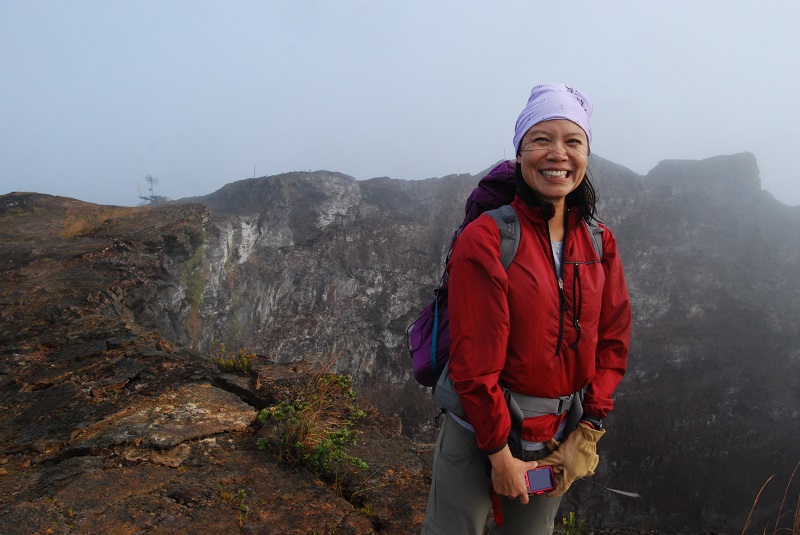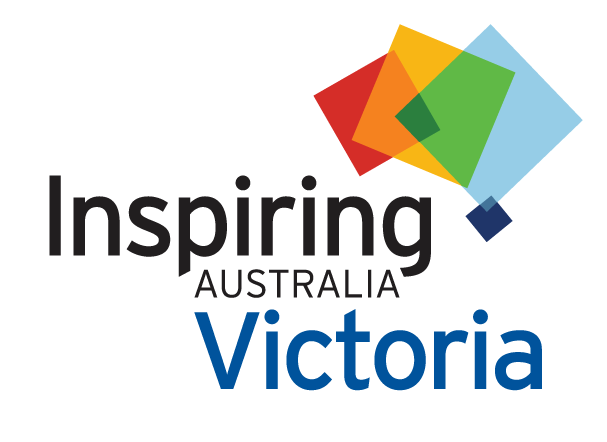
- This event has passed.
Dr Darlene Lim – NASA Geobiologist
11 August 2019 @ 11:00 am – 12:00 pm
Free
For centuries, the red planet has fired our imaginations; composers, authors, poets and more have all offered their tributes to the bringer of war.
Now, science has brought us to the very cusp of visiting Mars. Getting there, however, is only half of the battle. When humans set foot on Mars, what will they do? How will they explore? How will they survive?
Over the past decade, NASA teams have been working at analogs, destinations on Earth that simulate Mars mission conditions, to build capabilities for human and human-robotic missions to the Moon, into deep space, and on Mars.
In this talk, Dr Darlene Lim shares her experiences working under simulated mission conditions in the Arctic, the Antarctic, and underwater where she has piloted submersibles as a scientist and explorer.
Two on-going NASA analog programs on which Dr Lim will focus are BASALT (Biologic Analog Science Associated with Lava Terrains), and SUBSEA (Systematic Underwater Biogeochemical Science and Exploration Analog). These missions aim to solve a number of unique challenges that are not encountered during typical scientific field expeditions, such as extreme environmental conditions and communication delays. Only once we have mastered these challenges can we walk among the red dunes of Mars.
Join us at this special event to uncover the secrets to exploring other planets, hidden in the least hospitable parts of our own.
